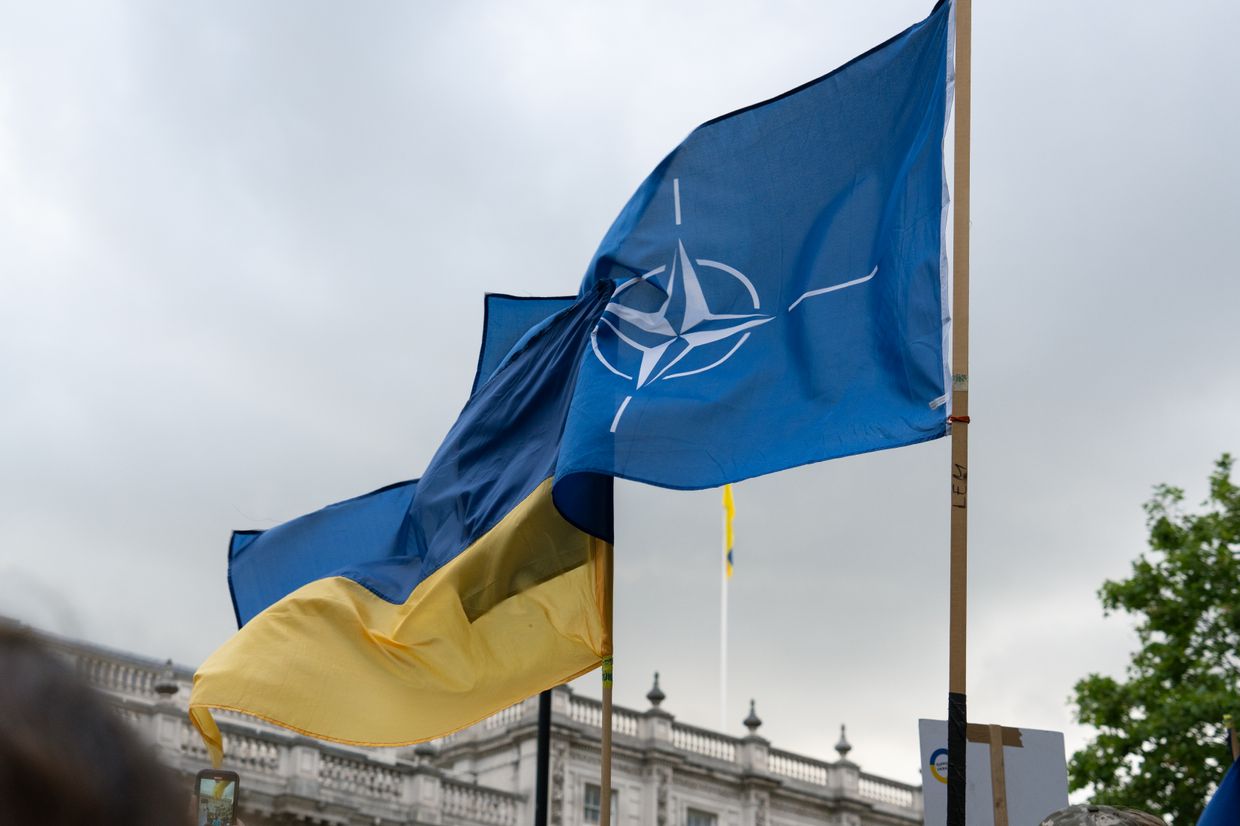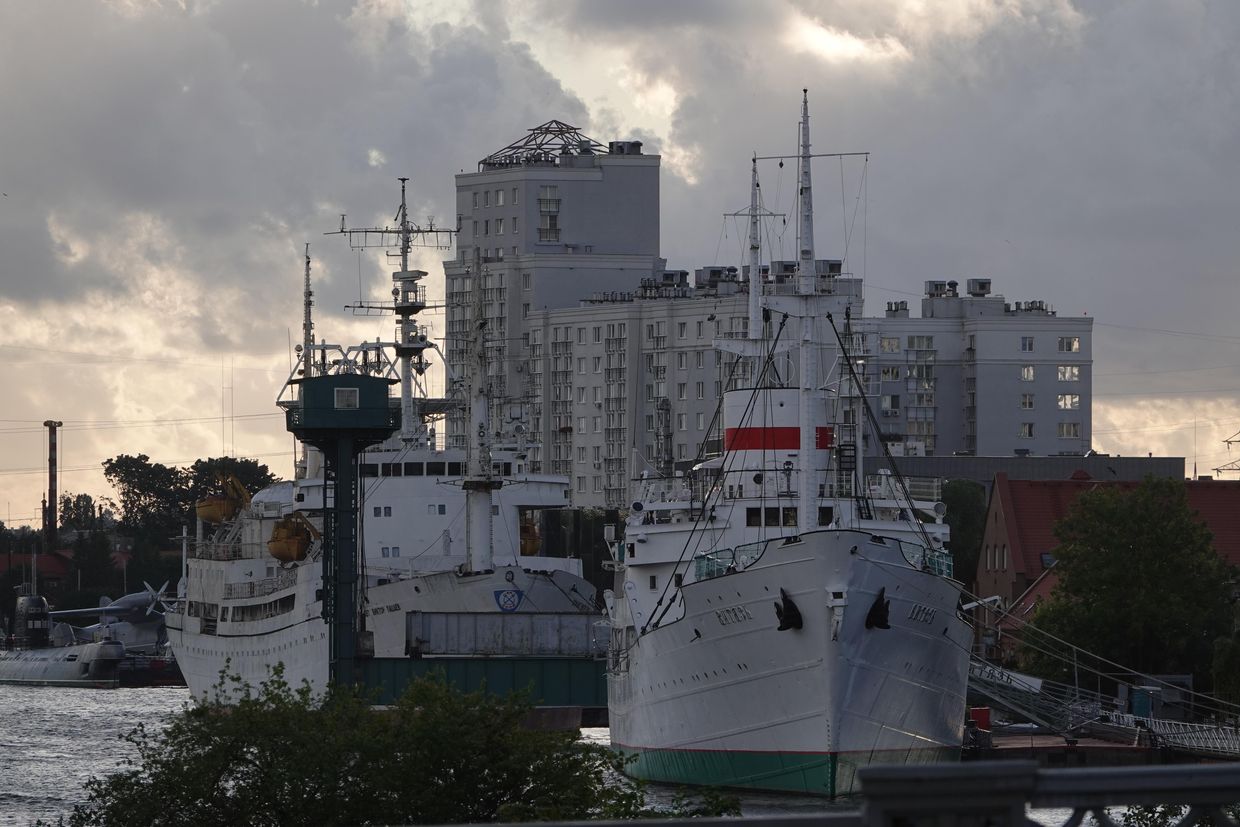NATO to rethink alliance's relationship with Russia for first time in decades.
NATO defense ministers meeting in Brussels this month will discuss the future of the alliance's relationship with Russia, potentially upending decades of foreign policy, Politico reported on Oct.
11, citing a senior U.S. official. Relations between NATO and Russia deteriorated sharply following the full-scale invasion of Ukraine in February 2022. Despite increased tensions, the NATO-Russia Founding Act, signed in 1997, remains in effect.
The act outlines a mutual aim to "build a stable, peaceful and undivided Europe." NATO states are now looking to redefine the alliance's future relationship with Moscow. Defense ministers from member nations will convene in Brussels Oct.
17-18 to discuss the matter, a senior U.S. government official said. Allies will "map out different elements of (the Russia) strategy and advance the debates inside the alliance that takes us to subjects like the future of the NATO-Russia Founding Act," a senior U.S. government official told reporters on Friday. "It's time to now craft a new strategy in terms of (the allies') specific positions," the official said.
The October meeting represents the first time official talks on the topic have been held at the ministerial level. At the next NATO summit, which will take place in The Hague in June 2025, allies have agreed to draft a new NATO-Russia strategy.
NATO entering '3.0' version, Finland's president says Finland joined NATO early 2023 after ditching its longstanding neutral stance following Russia's full-scale invasion of Ukraine in 2022.

"Right now we have to have an understanding across the alliance ... that the (Founding Act) and the NATO-Russia Council were built for a different era, and I think the allies are prepared to say that was a different era in our relationship with Russia, and therefore something new is merited," the official said.
The NATO-Russia Council (NRC) was established in 2002 to facilitate cooperation and joint decision-making. The NRC has not met since Moscow launched its full-scale invasion in 2022. While warnings about a clash between Russia and NATO have mounted since the all-out war began, most analysts and commentators suggest such a scenario is not imminent.
The U.S. official said the military implications of the revised political strategy are expected to be minimal. Another NATO diplomat also expressed concern that too aggressive a strategy could send a disruptive "signal" to Moscow. Currently, the focus is on gathering viewpoints across member states, the official said.
There is no draft document of a revised NATO-Russia strategy at this time. At the beginning of October, Mark Rutte took the helm as NATO'S new secretary general, stressing on his first day that the alliance has to ensure that Ukraine "prevails as a sovereign, independent, democratic nation."
Why the Baltic States fear Russia's Kaliningrad exclave Lithuania announced this week it had blocked and fortified a bridge over the Nieman River linking it to the Russian exclave of Kaliningrad, the latest in a series of escalations in the Baltic Sea region.
Russia's full-scale invasion of Ukraine exacerbated fears of a potential open conflict between...
